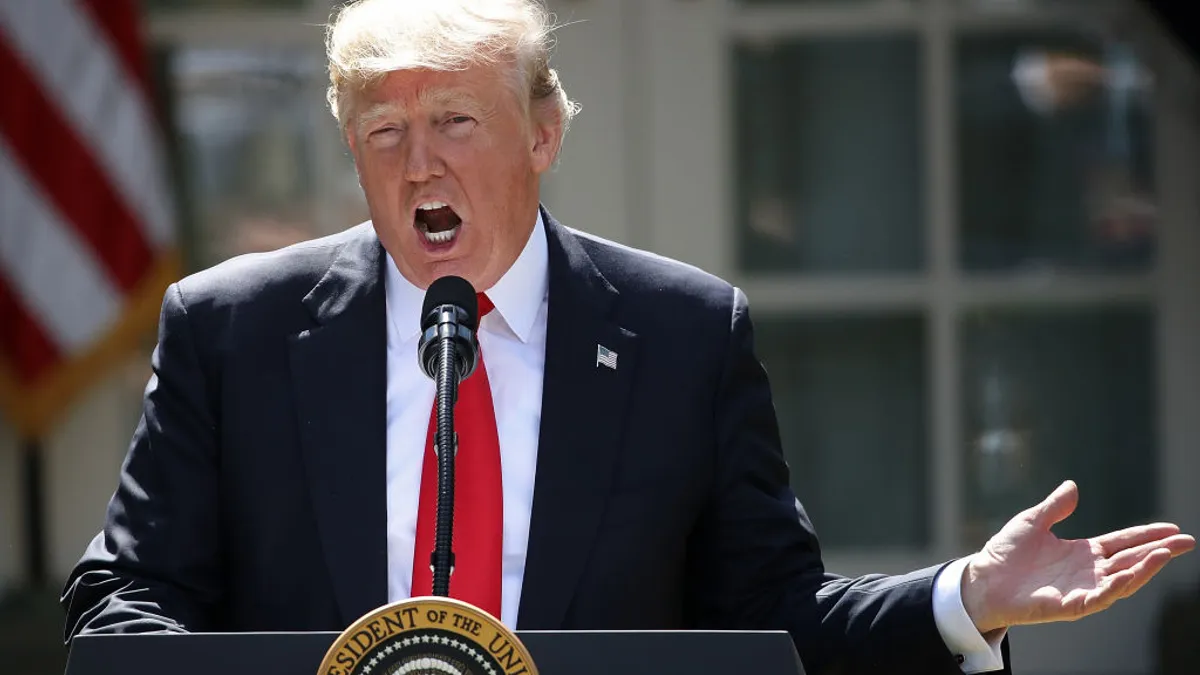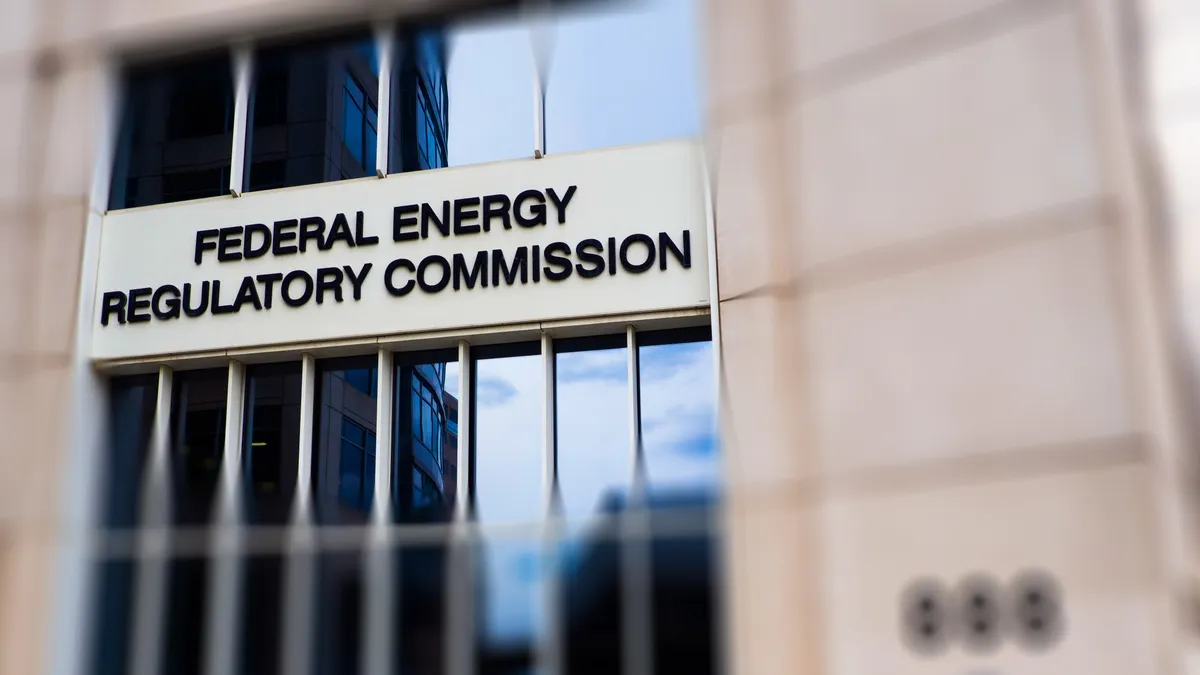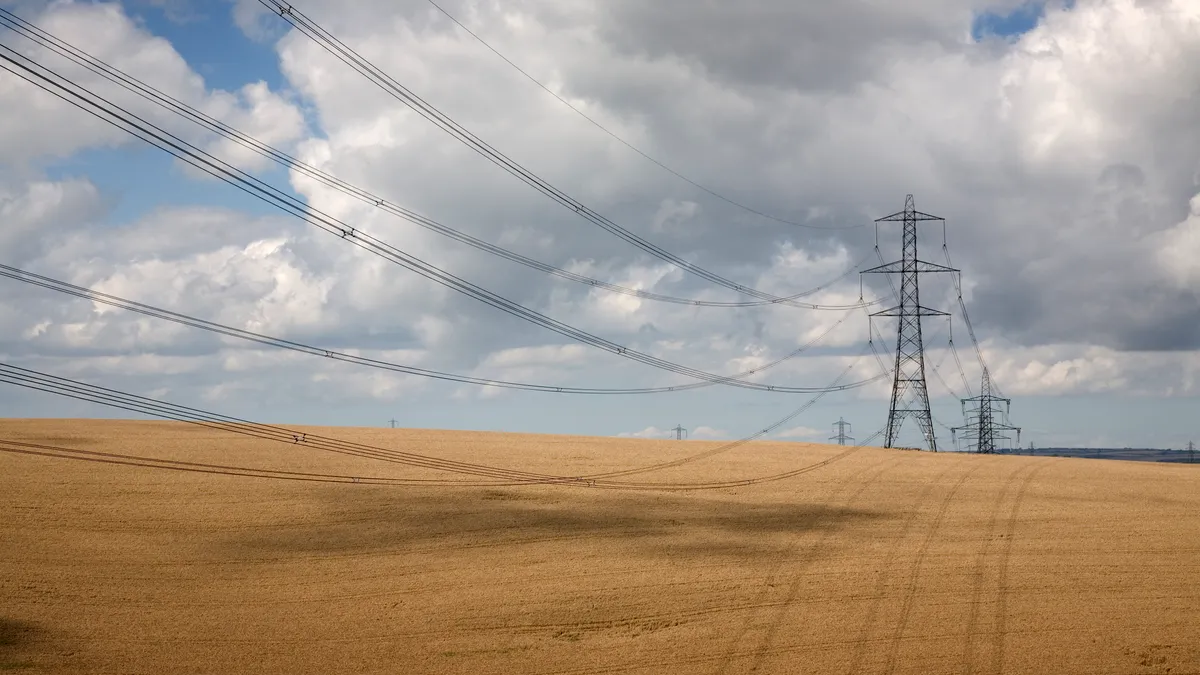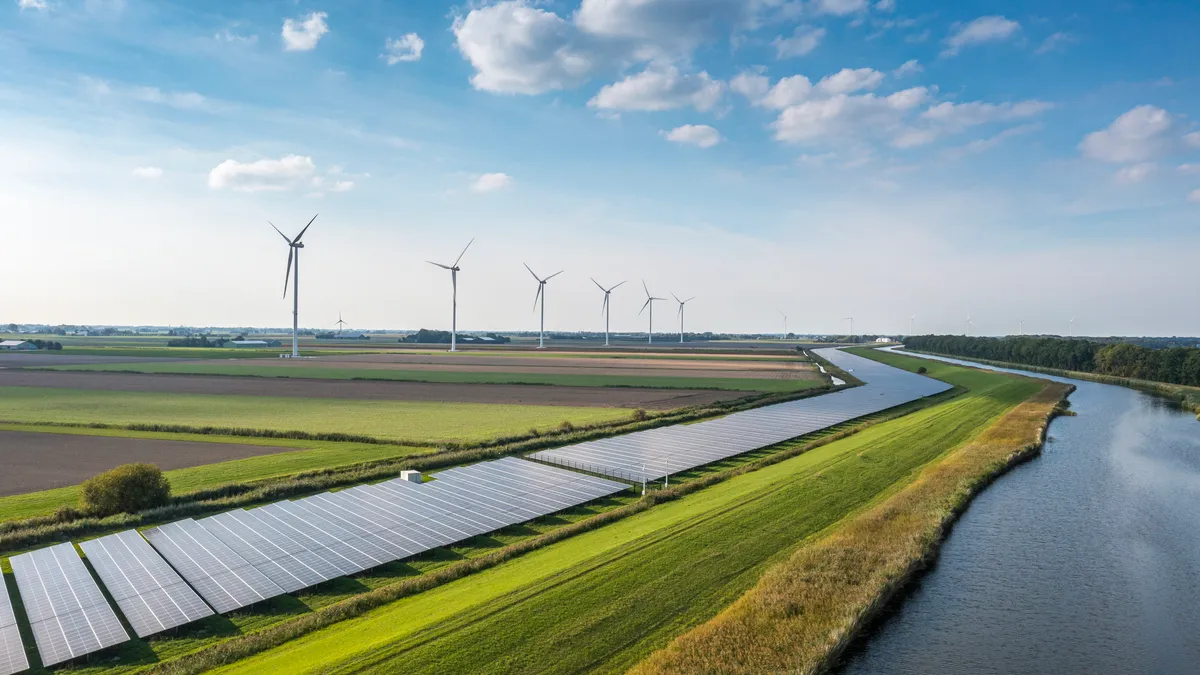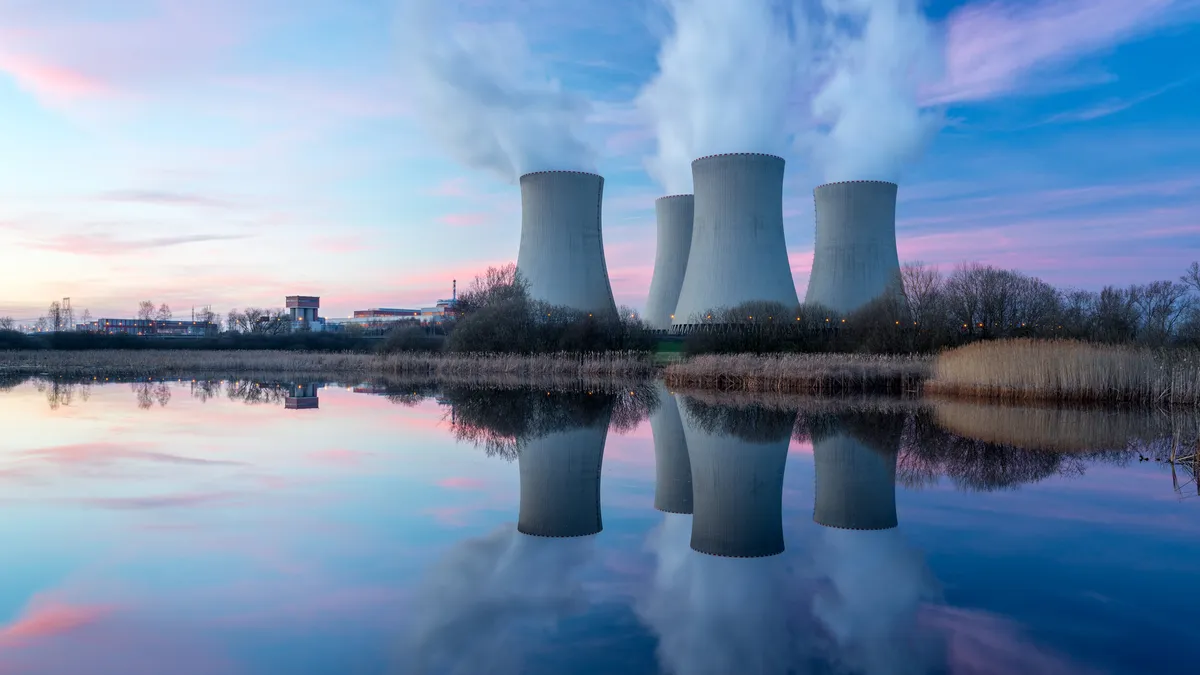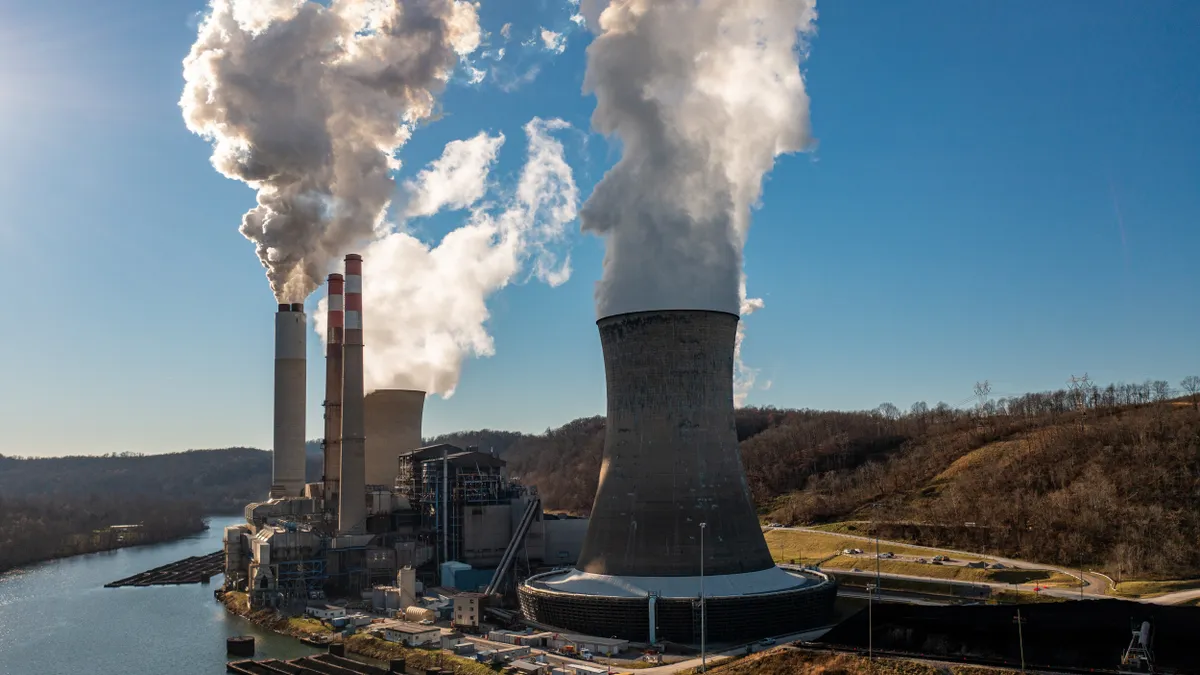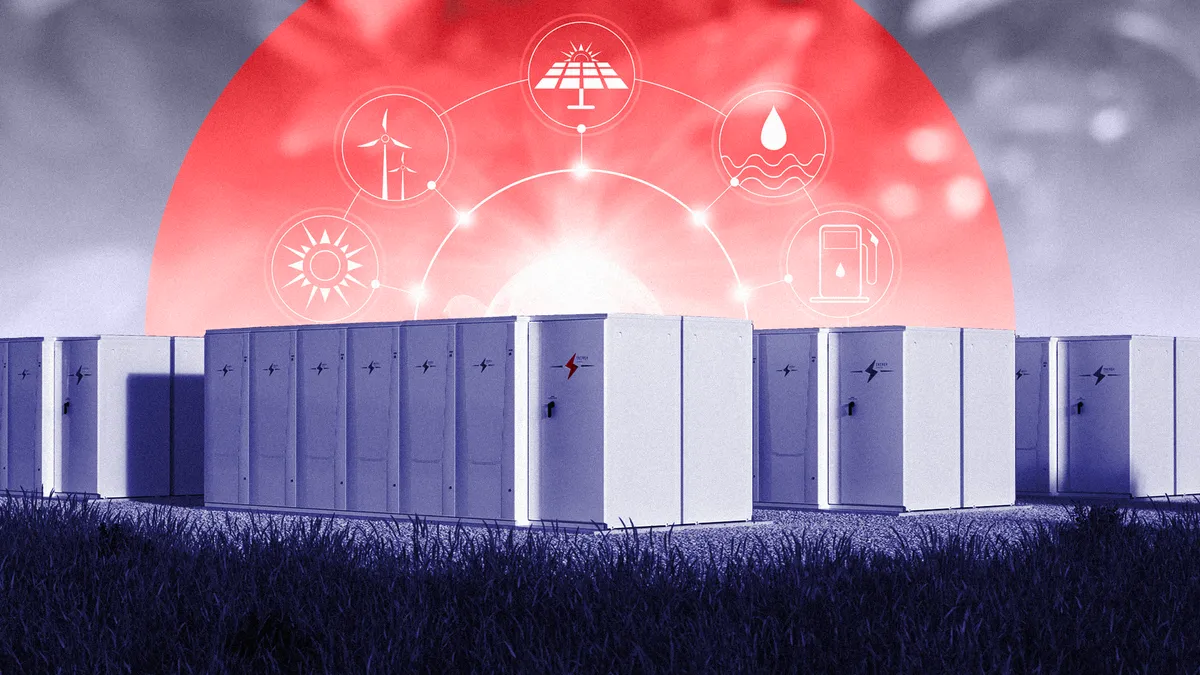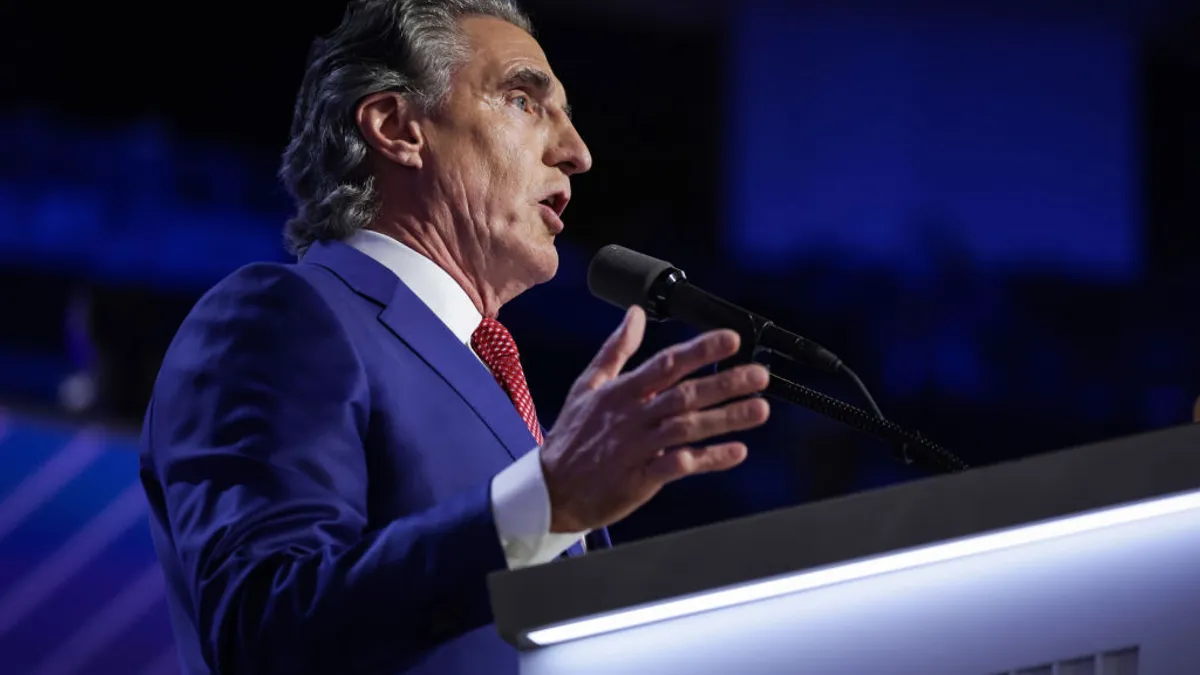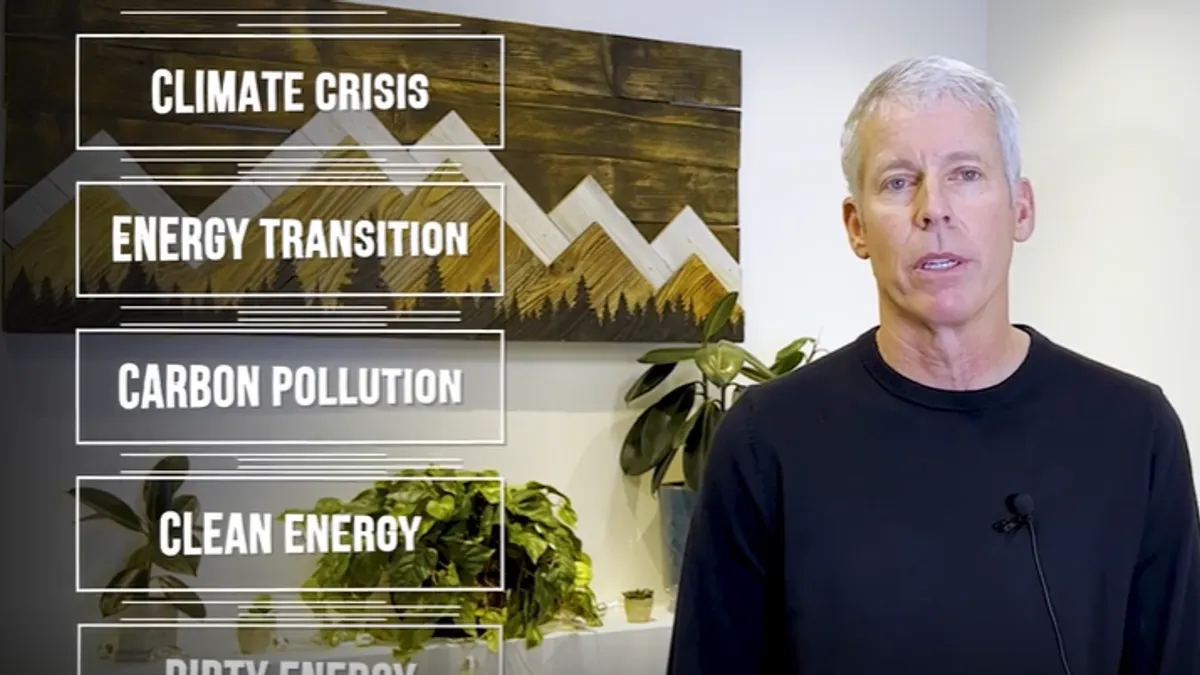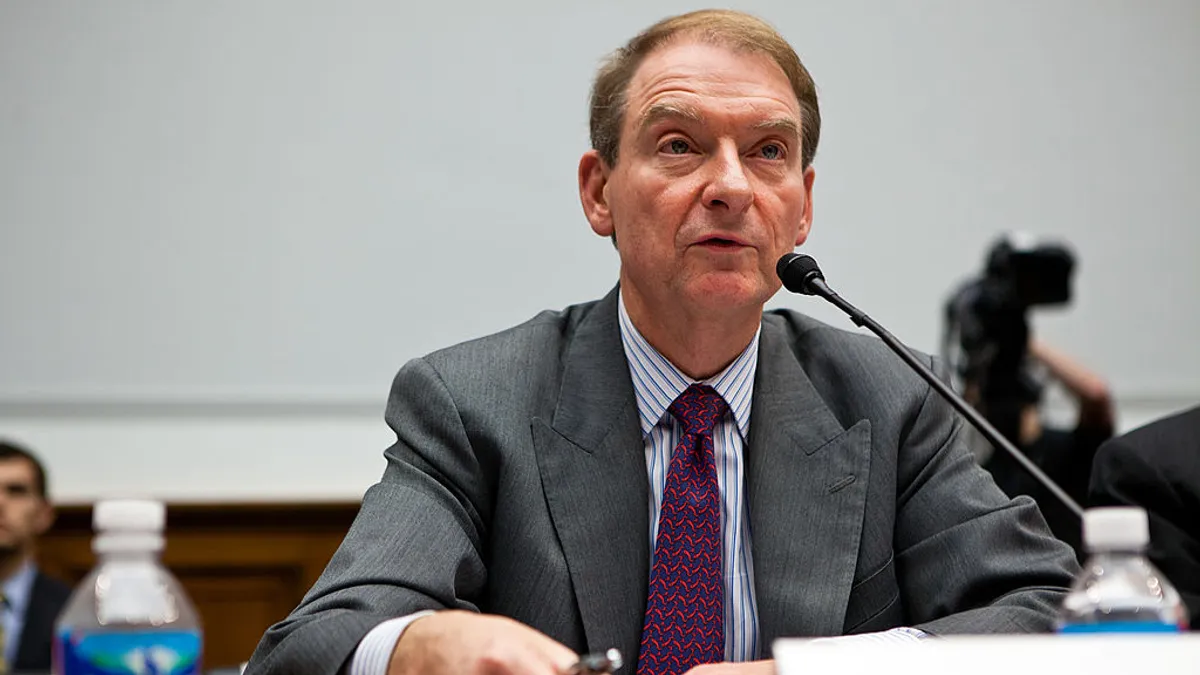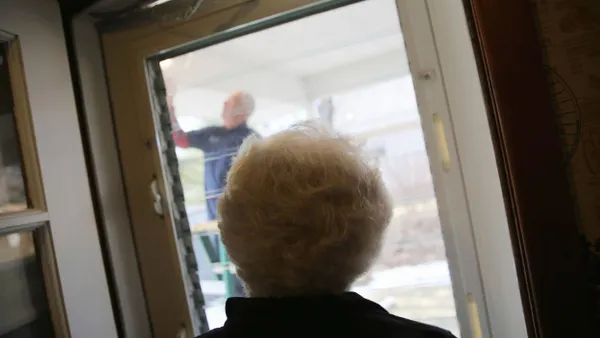With President-elect Donald Trump set to begin his second term in January, experts say time is of the essence for the appliance standards program and other energy efficiency efforts led by the federal government.
In particular, the U.S. Department of Energy’s Office of Energy Efficiency and Renewable Energy, where the appliance standards and rebate programs are administered, and weatherization programs run by DOE’s Office of State and Community Energy Programs, could be threatened.
“We're obviously concerned about funding for energy efficiency,” said Lowell Ungar, who leads the federal policy program at American Council for an Energy-Efficient Economy. “The federal programs have been critical to reducing costs for consumers and promoting innovation. We're hoping that these important investments will continue.”
The Biden administration has made “tremendous progress” updating appliance and equipment energy efficiency standards over the last four years and is now about 85% of the way towards a significant 30-year emissions and savings target, according to new analysis from the Appliance Standards Awareness Project.
DOE in December estimated stronger appliance standards finalized under President Biden would save consumers about $1 trillion and cut emissions by 2.5 billion metric tons over three decades. DOE faced a backlog of overdue standards updates in 2021 — the Energy Policy and Conservation Act says they must be reviewed every six years — but the agency has mostly caught up.
“Now it’s time to finish the job,” ASAP Executive Director Andrew deLaski wrote in a Tuesday blog post. Standards for motors and fans, battery chargers, commercial refrigerators, residential boilers and walk-in coolers, are all still being finalized.
When it comes to appliance standards, the first Trump administration could give some indication of what the second might attempt, said deLaski.
“The Trump administration didn't develop any new standards in its time in office,” he said in an interview.
Trump’s policies favor less government regulation, and the conservative Project 2025 platform, advanced by the right-wing Heritage Foundation, has called for eliminating EERE and appliance standards completely. While Trump distanced himself from the platform during the campaign, he has also nominated two of its authors to cabinet-level positions, Vox noted.
But deLaski is skeptical the DOE’s appliance standards program will be eliminated, which would require an act of Congress, including 60 votes in the Senate. “No one has mentioned appliance standards as a legislative priority,” he said. More likely would be the use of administrative pathways to undercut the program, but any impacts could be short-lived should Democrats regain control of the government, he noted.
Trump shelved stricter standards for some types of light bulbs in 2019, a move DOE subsequently reversed under Biden. And Trump revised rules governing how appliance efficiency standards are set and updated, complicating the process in what may have been “an attempt to tie the hands of a successor administration,” deLaski said. “But the successor administration just reversed the rule.”
Ultimately, the first Trump administration’s impact on the DOE’s appliance standards program was “a lot of noise and drama, with no effect,” deLaski said.
Equipment manufacturers say they want predictability.
“Manufacturers are looking for certainty,” said Spencer Pederson, senior vice president of public affairs of the National Electrical Manufacturers Association. The group’s members want the Biden administration to finalize the new equipment standard for motors, and supported the recent rule on distribution transformers, he said.
The motors standard recommendation was developed collaboratively with environmental advocates, is achievable for manufacturers and provides energy savings, Pederson said. “It also, frankly, ensures that the motors sold in the United States meet this standard and prevents cheap, not-as-efficient imports from other countries, like China, from entering. We think it's a good rule, and we hope it stays in place in the new administration.”
NEMA does see the potential to discuss Energy Policy and Conservation Act reforms with the new Congress and administration, Pederson said. He pointed to distribution transformers, which now operate at 98% to 99% efficiency.
“At some point you have to say, ‘is the juice worth the squeeze?’ ... Why are we upending the market every six years for some of these products?” he said. “Maybe it's not six years, maybe it's 12 years.”
Weatherization, rebate programs at risk?
Beyond the appliance and equipment standards programs, DOE’s effort to assist households with insulation and other upgrades could also be threatened. The agency’s Weatherization Assistance Program provides weatherization services to approximately 35,000 homes every year.
The first Trump administration moved to zero out DOE’s weatherization program in all four of its proposed budgets, would have significantly cut the funding for EERE and would have ended the ENERGY STAR program run by the Environmental Protection Agency, Ungar noted.
“So, if past is prologue, then one can expect the administration might propose large cuts,” he said.
“If they actually cut those programs, that would mean more utility shutoffs, more people would freeze or swelter in their homes. It would really have large consequences. Efficiency programs help people save money. It cuts their energy bills, so that is a big threat,” Ungar said.
Despite the proposals, in the first Trump administration “Congress never went along,” Ungar said. “Even under Republican majorities, Congress either held the efficiency programs steady or occasionally increased them.”
Congress has changed since then, of course, but “I wouldn’t say there is a huge partisan attack” on efficiency, Ungar said.
Appliance rebates (for heat pumps and induction stoves, for instance) authorized under the Inflation Reduction Act have broad bipartisan support, Ungar noted, with almost every state indicating they will set up programs to pass the funds on to their citizens. But Trump has said he wants to repeal the IRA, potentially threatening state programs that have not yet been finalized.
“There are many questions” about what will happen with the IRA, Max Veggeberg, CEO of home services company Tetra, said in an email.
“We are fortunate in that heat pump incentives are rolled out on the state-level and more than half [of authorized funds] will be distributed to the states before Trump takes office,” Veggeberg said. “This protects them from being clawed back, even if the bill is repealed, which is unlikely.”
And Veggeberg said Trump could wind up encouraging consumers to adopt heat pumps with pro-nuclear policies that drive down the cost of electricity.
“The only thing slowing the growth of nuclear power in the US is regulation, which Trump is looking to actively deregulate,” he said. “Lower electricity prices makes it even more appealing for homeowners to make the switch to heat pumps.”



